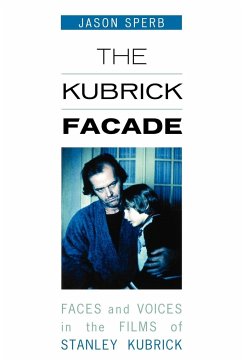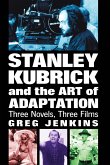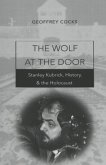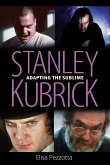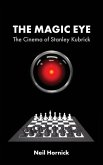Many of Stanley Kubrick's films are often interpreted as cold and ambiguous. Whether viewing Barry Lyndon, 2001, The Shining, or Eyes Wide Shut, there is a sense in which these films resist their own audiences, creating a distance from them. Though many note the coldness of Kubrick's films, a smaller number attempt to explore exactly how his body of work elicits this particular reaction. Fewer still attempt to articulate what it might mean to "feel" Stanley Kubrick's films. In The Kubrick Facade, Jason Sperb examines the narrative ambiguity of the director's films-from the voice-over narration in early works, including the once forgotten Fear and Desire-to the blank faces of characters in his later ones. In doing so, Sperb shows how both devices struggle in vain to make sense of the chaos and sterility of the cinematic surface.
Hinweis: Dieser Artikel kann nur an eine deutsche Lieferadresse ausgeliefert werden.
Hinweis: Dieser Artikel kann nur an eine deutsche Lieferadresse ausgeliefert werden.

